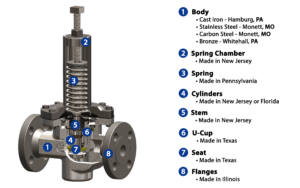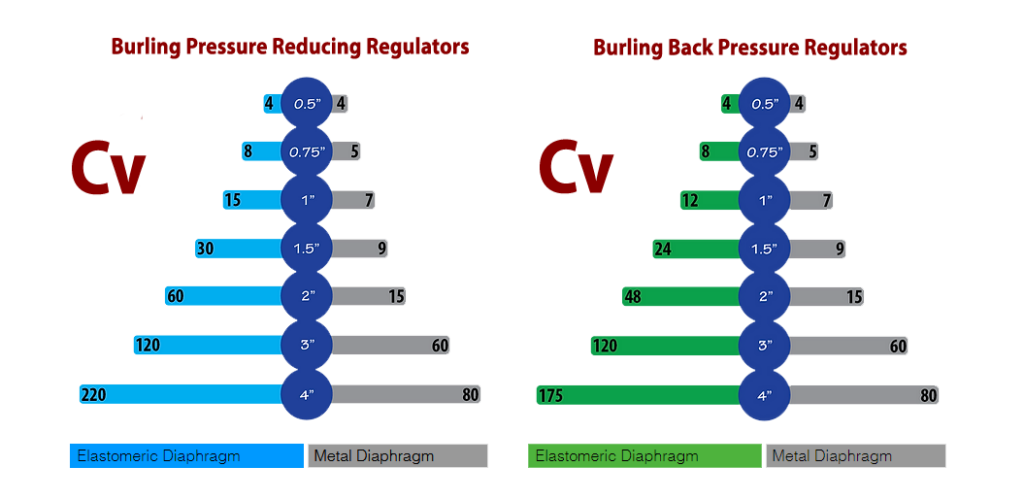Burling Valve
Burling Valve brand industrial process regulators offer pressure solutions perfect for challenging environments. This versatile line includes pressure reducing regulators, back pressure regulators and differential regulators for applications controlling the pressure of most gases and fluids. Direct-acting (spring-loaded), dome-loaded or piloted with electronic or mechanical control options are available.
All Burling Valve regulators and valves are made in the USA. With free application support, fast quotes, great lead times and custom engineered solutions, this line offers robust products to meet your exact needs.
- Fast delivery
- Easy top entry in-line maintenance
- Large CVs
- Numerous wetted and body materials
-
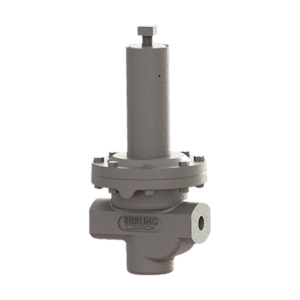
BS1 Direct-Acting Pressure Reducing Regulator
Read more -
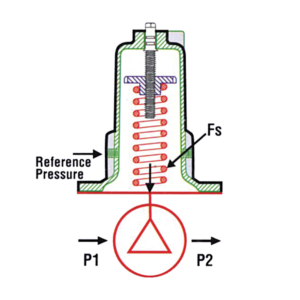
BS2 Direct-Acting Differential Regulator
Read more -
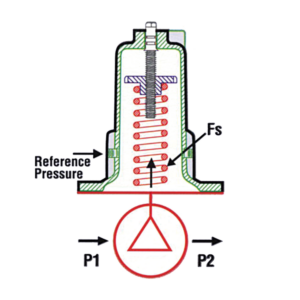
BS2-3 Negative Bias Differential Regulator
Read more -
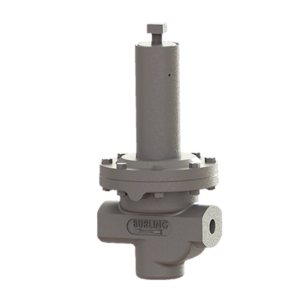
BS5 Back Pressure Regulator
Read more -
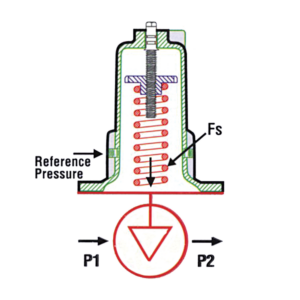
BS8 Positive Differential Back Pressure Regulator
Read more -
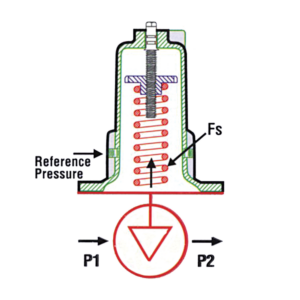
BS8-3 Negative Differential Back Pressure Regulator
Read more -
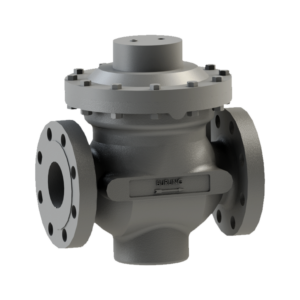
BD3 Pressure Reducing Dome-Loaded Regulator
Read more -
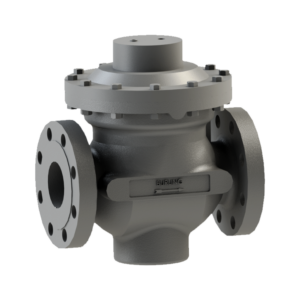
BD4 Pressure Reducing Regulator with Return Spring
Read more -
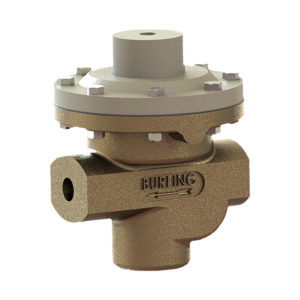
BD6 Back Pressure Dome-Loaded Regulator
Read more -
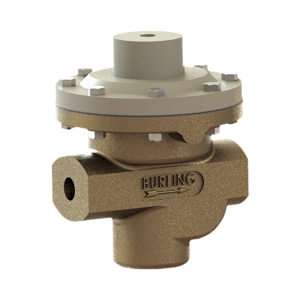
BD7 Dome-Loaded Regulator with Steam Pilot
Read more -
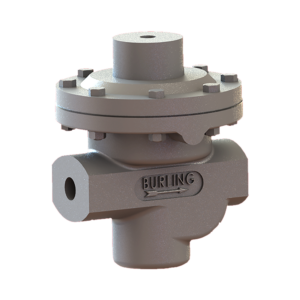
BD9 Pilot-Operated Steam Regulator
Read more -
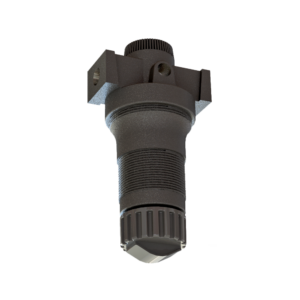
BVR02N 1/4″ General Purpose Pressure Regulator
$86.00 – $124.00 Select options -
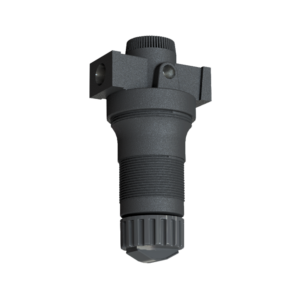
BVR03N 3/8″ General Purpose Pressure Regulator
$86.00 – $119.00 Select options -
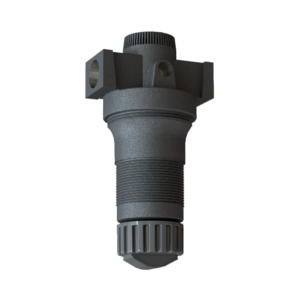
BVR04N 1/2″ General Purpose Pressure Regulator
$86.00 – $124.00 Select options -
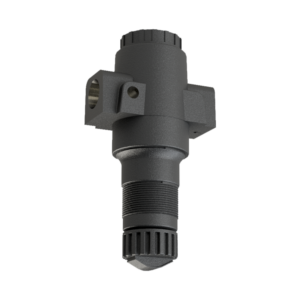
BVR06N 3/4″ General Purpose Pressure Regulator
$149.00 – $207.00 Select options -
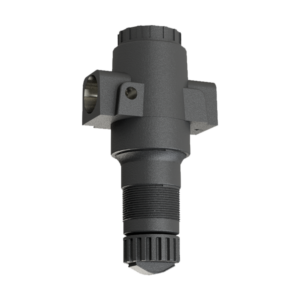
BVR08N 1″ General Purpose Pressure Regulator
$207.00 – $212.00 Select options -
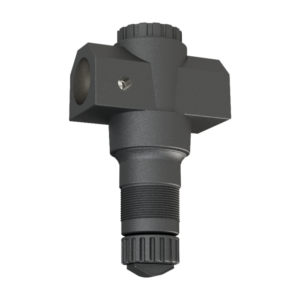
BVR10N 1-1/4″ General Purpose Pressure Regulator
$186.00 – $263.00 Select options -
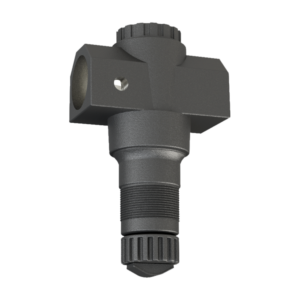
BVR12N 1-1/2″ General Purpose Pressure Regulator
$186.00 – $263.00 Select options
